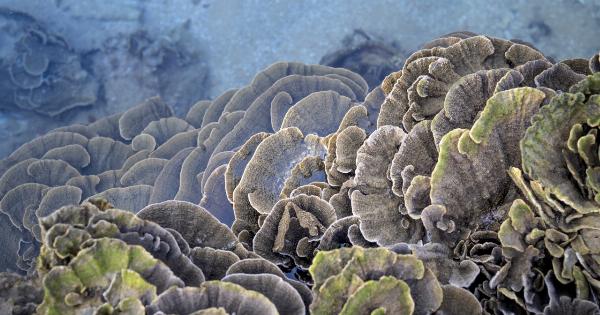Happiness is an elusive feeling that we all strive for. Sometimes it seems to be within our grasp, but at other times it feels like a distant dream.
This is because we often mistake material possessions, social status, or other external factors for happiness. In this article, we will explore the path to true happiness and how it can be achieved.
Understanding Happiness
The first step towards true happiness is to understand what it really means. Happiness is not a state of constant euphoria or pleasure. It is a deeper sense of contentment and well-being that comes from within.
It is the feeling that you are living a meaningful life and making a positive contribution to the world.
Many people confuse happiness with pleasure. Pleasure is a fleeting emotion that comes from external stimuli such as food, sex, or drugs. While pleasure can be enjoyable, it is not sustainable and can lead to addiction and other negative consequences.
Happiness, on the other hand, is a long-term state of being that comes from self-acceptance, purpose, and meaning. It is not dependent on external factors and can be cultivated through intentional practices.
The Importance of Mindfulness
Mindfulness is the practice of paying attention to the present moment without judgment. It is a powerful tool for cultivating happiness because it helps us to become more aware of our thoughts, feelings, and behaviors.
This awareness allows us to make conscious choices that align with our values and goals.
Mindfulness can be practiced through meditation, yoga, or other forms of exercise. The key is to focus on the present moment and let go of distractions. This can be challenging at first, but with practice, it becomes easier to stay present and focused.
Building Resilience
Building resilience is another important aspect of cultivating happiness. Resilience is the ability to bounce back from adversity and to stay positive in challenging situations.
It is a key component of well-being because life is full of ups and downs, and we need to be able to handle both.
Building resilience can be done through a variety of practices such as gratitude journaling, positive self-talk, and seeking social support.
These practices help us to reframe negative situations in a more positive light and to focus on our strengths and resources.
Cultivating Meaningful Relationships
Human beings are social creatures, and we need meaningful relationships to thrive. Cultivating meaningful relationships is a key aspect of happiness because it provides us with a sense of belonging and connectedness.
Meaningful relationships can be built through a variety of means such as volunteering, joining social groups, or simply reaching out to friends and family.
The key is to focus on building authentic connections based on mutual respect, trust, and support.
Discovering Purpose and Meaning
Finally, discovering purpose and meaning is a critical component of true happiness. Purpose is the sense that we are living a life that is meaningful and fulfilling.
It is the feeling that we are contributing something valuable to the world and making a difference in the lives of others.
Discovering purpose and meaning can be a lifelong journey, but it starts with asking ourselves what we truly value and what is important to us. It also involves exploring our passions and interests and finding ways to align them with our values.
Conclusion
True happiness is not something that can be bought or obtained through external means. It is a deep sense of contentment and well-being that comes from within.
By practicing mindfulness, building resilience, cultivating meaningful relationships, and discovering our purpose and meaning, we can all find the true happiness that we seek.































